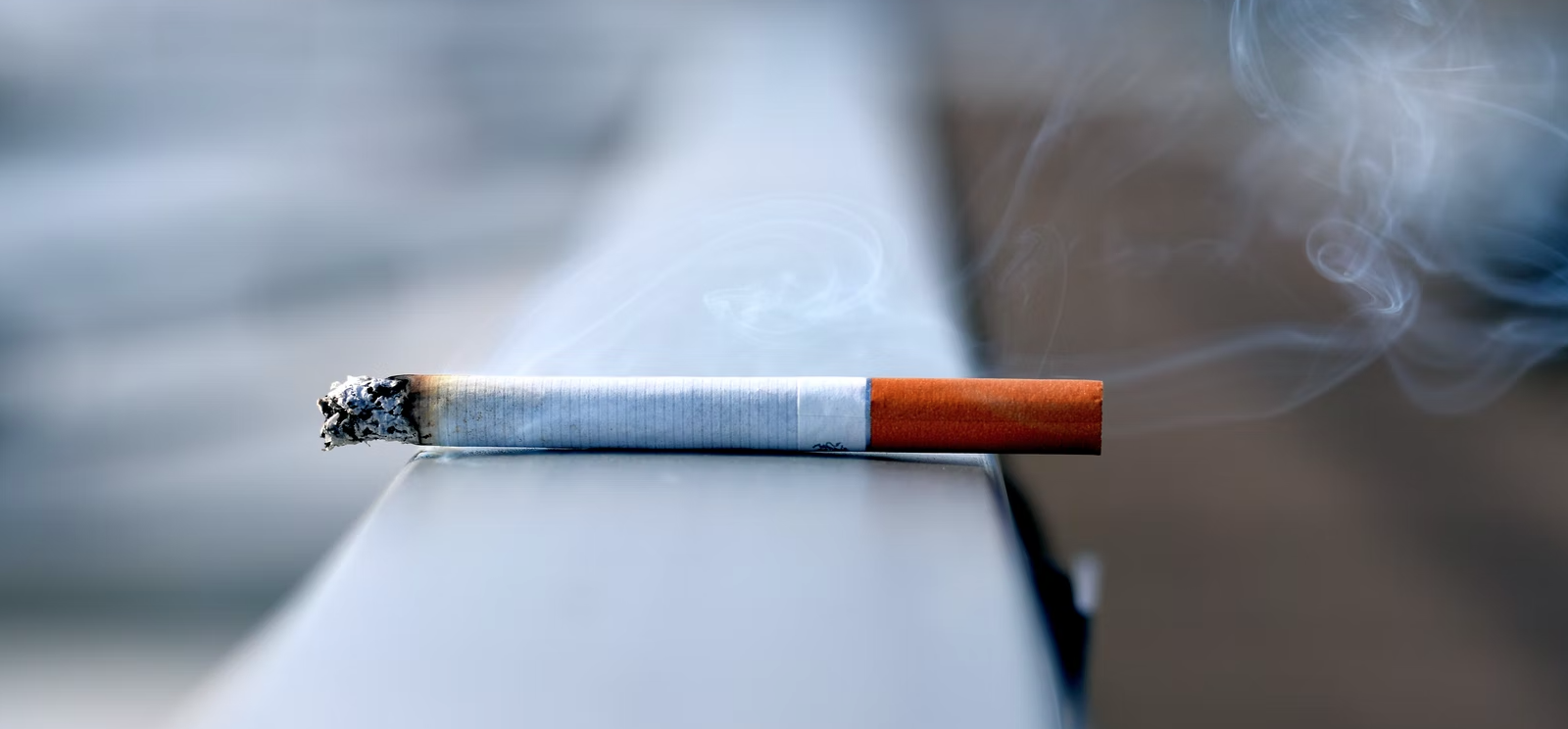
Life&Style’s Deyna Grimshaw considers the effect of New Zealand’s recent laws around cigarettes, noting that although it seems a positive step for future generations, we cannot truly judge until they are implemented
In early December 2021, New Zealand announced a plan to place a ban on the sale of cigarettes to young people in the coming years. The central idea is that children born after 2004 will never be allowed to buy cigarettes, but other initiatives include suggestions to ban filters from tobacco products, a limit on the amount of addictive nicotine allowed to be included in tobacco products, and a new minimum price for products containing tobacco. In addition, licences to sell cigarettes will be maintained for less that 500 shops across the country, minimising access for older generations, with the aim to completely phase out smoking throughout the country in the long run.
The central idea is that children born after 2004 will never be allowed to buy cigarettes
The debate surrounding the benefits of banning harmful substances, such as nicotine and alcohol products, is one which has raged for decades. Tobacco and alcohol are two of the largest causes of preventable deaths in the world, with the World Health Organisation releasing statistics in July 2021 that up to half of all tobacco users will be killed by effects of the substance. Dr Ayesha Verrall, associate health minister in New Zealand, explained the need for the new law, noting that ‘about 4,500 New Zealanders die every year from tobacco.’ In a study of death in the country between 2010 and 2012, it was found that lung cancer was in the top five causes of death for all groups, and was the top killer of Māori women.
It would appear that, in effect, the new law in New Zealand will place cigarettes alongside the lowest level of illegal drugs such as marijuana. Experts have been undecided on whether the legalisation of drugs such as marijuana is beneficial – on one side, it removes the illegal black market trading which is inevitable in any country, but on the other it may encourage use amongst more of the population. Whilst countries across the world vary on the level of drug legalisation that they have chosen to adopt, with some countries adopting strict bans on where a person may smoke, New Zealand will be only the second country attempting to phase out smoking entirely. The first was Bhutan, which outlawed the sale and production of tobacco in 2010.
The new law in New Zealand will place cigarettes alongside the lowest level of illegal drugs such a marijuana
Whilst drugs are illegal in many countries, the banning of cigarettes in New Zealand will raise the question – at what point should people be left to make their own decisions? Like tobacco, there are many legal substances which are harmful to humans, including alcohol or an excess of sugar. However, we cannot ban all of these substances, and instead must leave people to make their own lifestyle decisions. Some people may question why action as extreme as a tobacco ban is necessary, when the number of smokers worldwide is declining.
It is a bold move from New Zealand to prevent the sale of tobacco products to those born after 2004, but it may pave the way for other countries to begin limiting the consumption of such a damaging substance. Ultimately, until the new law is enforced, it will be impossible to weigh up the pros and cons, but hopefully future generations will be shielded from the dangers of nicotine addictions and tobacco products.
Read More from Life&Style:
Flaws as Fashion: Expression or Exploitation?
Children Will Not ‘Grow Out Of It’: Why Mental Health Should Be Taught In Schools

Comments